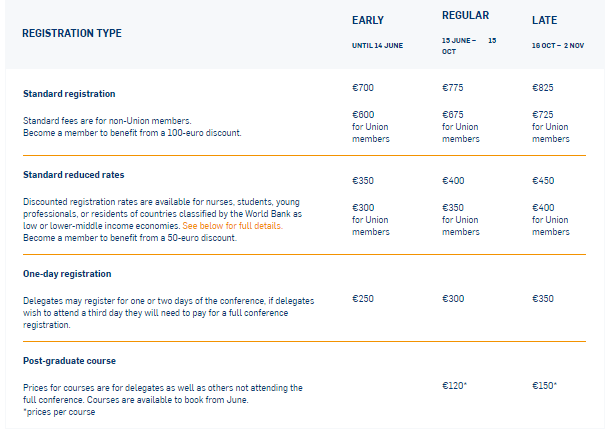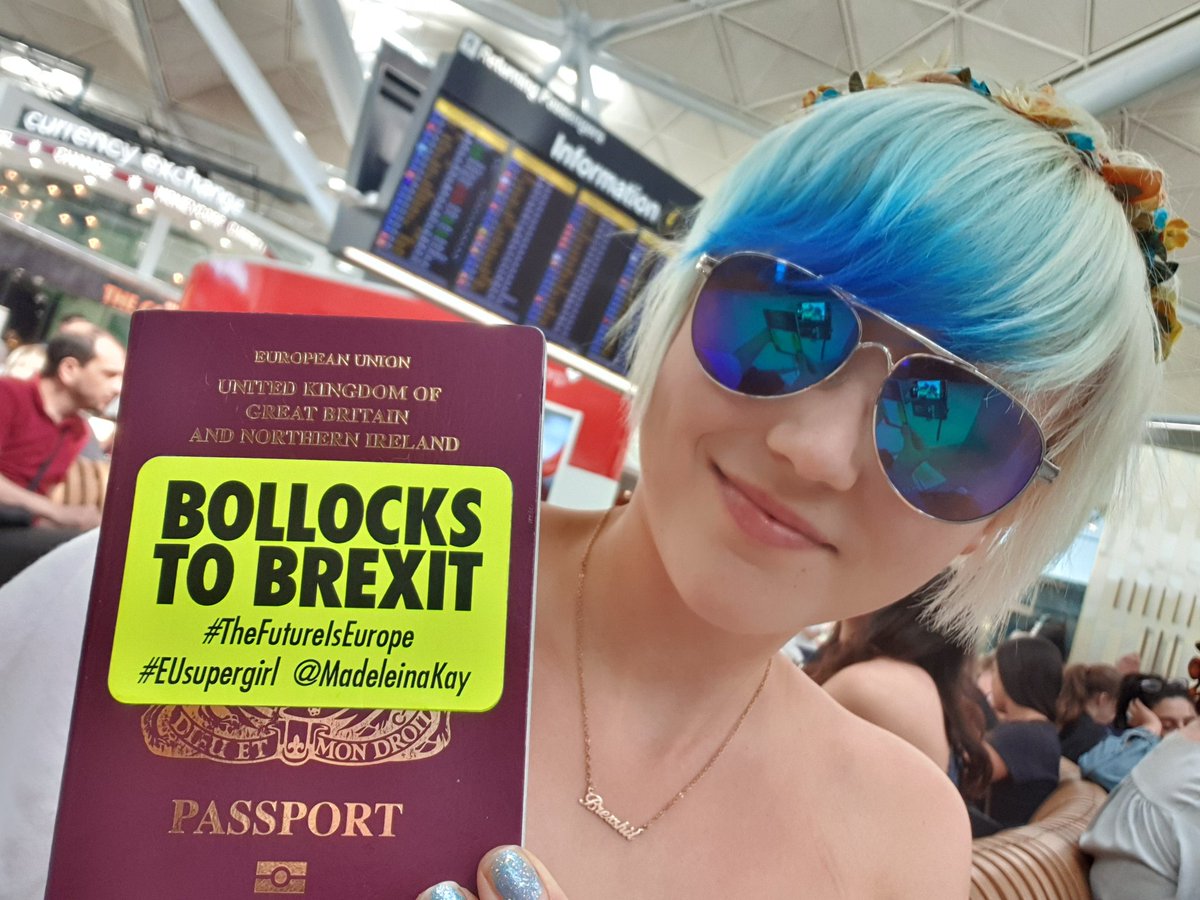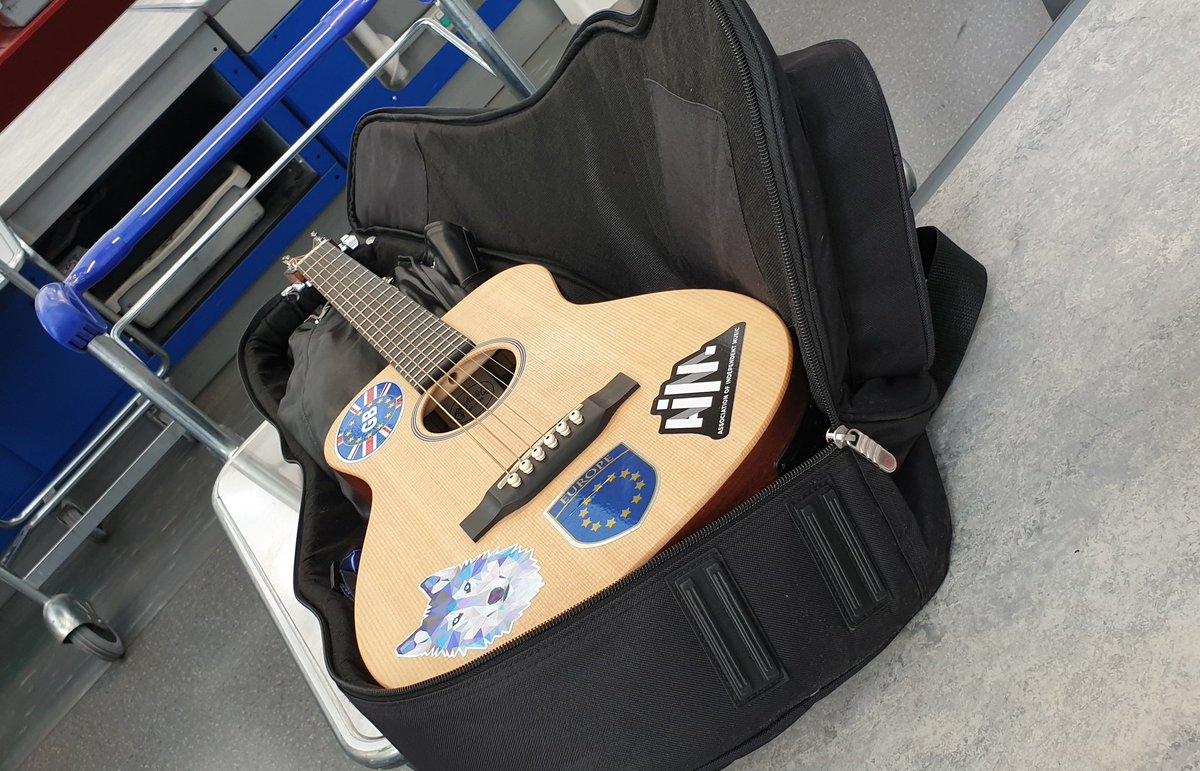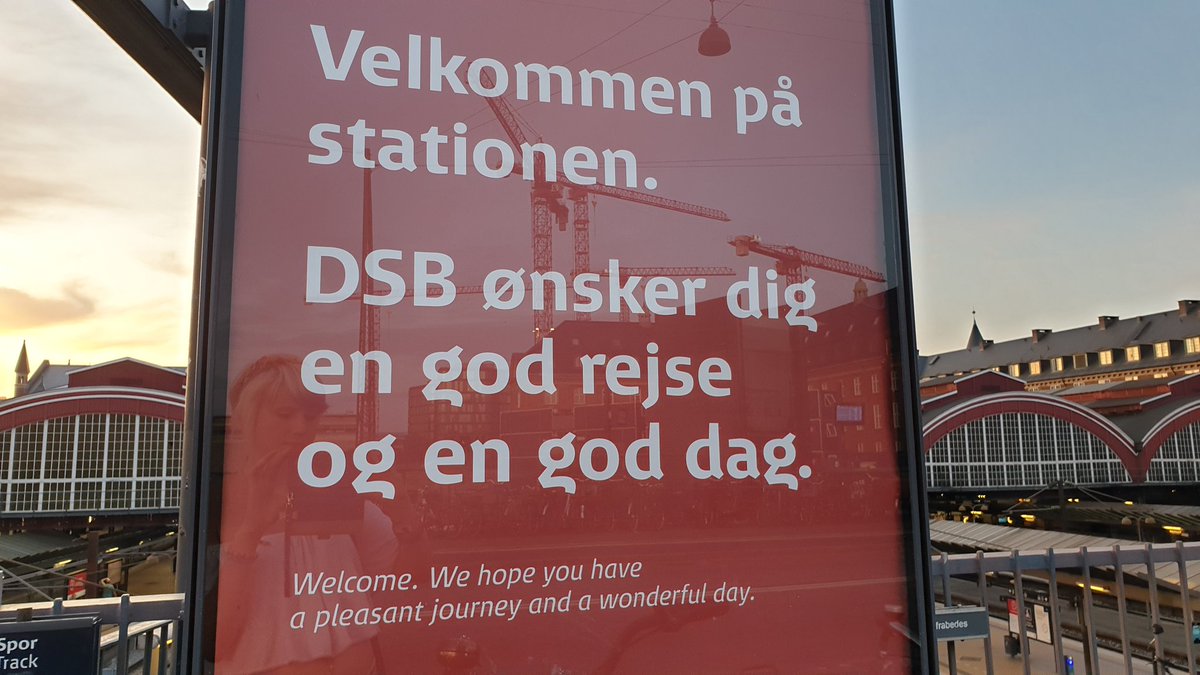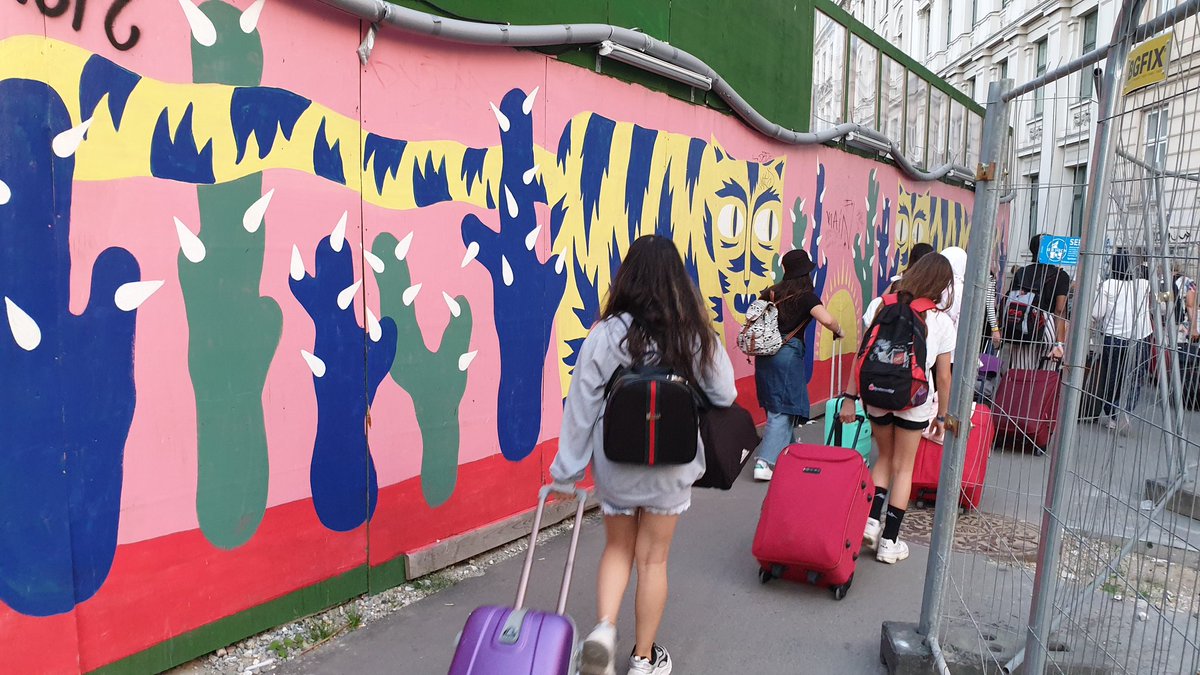nors.ku.dk/english/calend…
"threatening communication, hate speech, grooming, defamations, harrasment, bribery, dogwhistling and bullying."
Have a beer!
And a Mads Mikkelsen.

"counts as an attempt at intimidating someone by directly or indirectly communicating that they will be subject of a future harmful event, that the speaker is responsible for". (And the slide changed before I got the whole definition. is A fast speaker.)
How we see genres
How we name genres
How we sanction genres.
Composed by everyday writers.
Constructed through a shared rhetorical situation.
Working within a community.
Not just a set of textual regularities but social action. Ways to do things in the world.
Name a genre: Genres are identified by users of the genre.
Sanction: Genre are constructed by commities to serve their purposes.
"So we look at this and go: "Oh, that's a threat". You should hear the bemused sound of the "Oh". It completely defeats the threat. We are in very safe hands with Amy at the wheel. I love it.
Secret genres
Illicit genres
Who gets to name genres?
Google searchers
Retailers
Critics
Authors
Users
Gatekeepers
Recipients
In genre terms recipients are actually a form of users, Devitt notes. A gnomic statement worthy of a long night of red wine and reflection, I might add.
Legal prohibition
Social avoodiance of word
Action acoidance you those with social or other power
Social condemnation
Affective connection to shame.
Genre forems are hidden. but actions are still meaningful.
Conflict between users
Cultures construct genres that undermine dominant values of society.
Threatening contexts.
Direct and indirect speech acts. The difference between the direct and the indirect threat.
So, threats are time-consuming and difficult to interpret without other document. Often you only have the threatening letter itself.
Collect information - timeline
Type of letter
Character of indicators present in the letter
Risk definition and scenarios
Management strategy.
My kinda title.
Tend to have manipulative elements. This makes them conditional: "do this OR I do this".
Offer in the interest of the victim
Calls for cooperation
Work for mitigating the effect for the victim.
They represent a group
Are superior to the victim
Are unscrupulous
Describe their leverage over the victim
Connect to prior offenses.
I don't know prof. Ainsworth at all - except that she seems a very pleasant person. It'll be fun to learn more.
Somehow, I'm not very scared. Tanya Karoli says that she is "thrilled" to present prof. Ainswoth. No faint praise.
But I'm secular enough to prefer prosecution in a system of common law.



